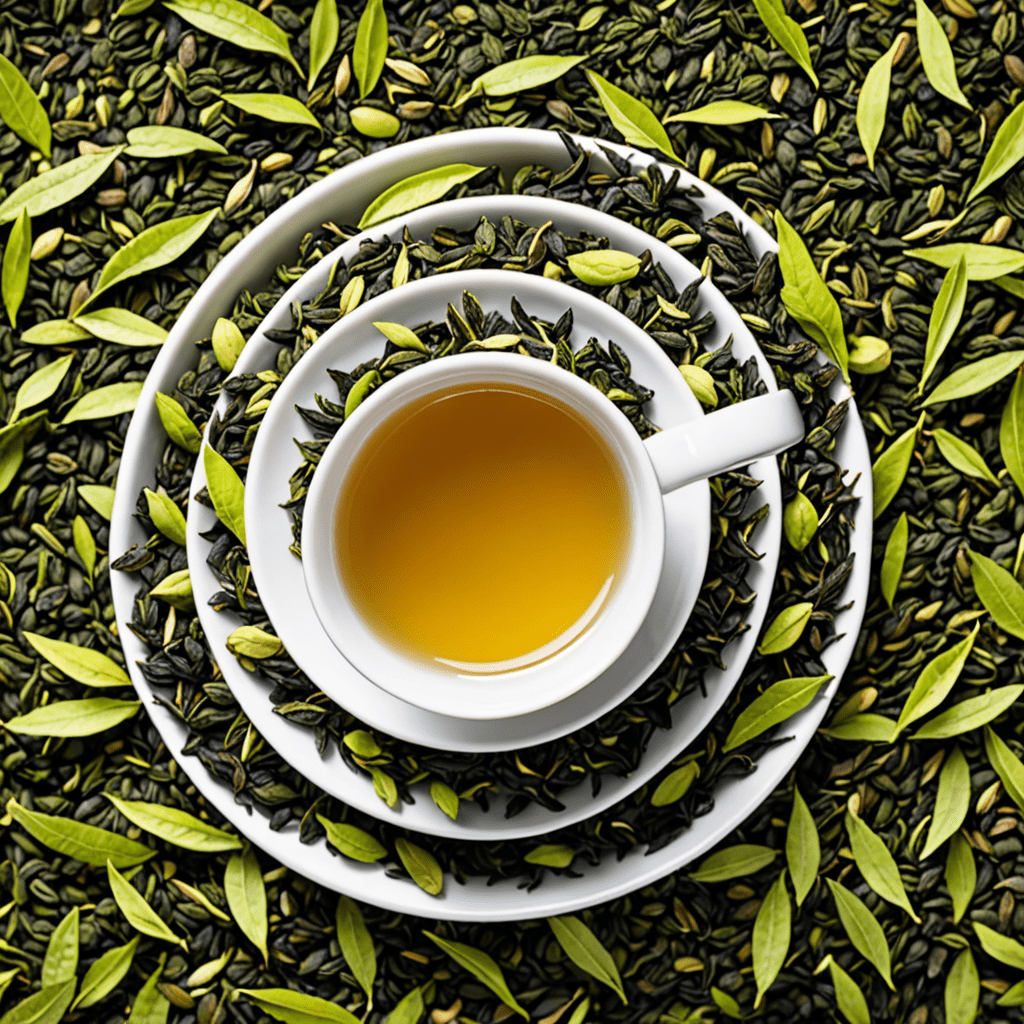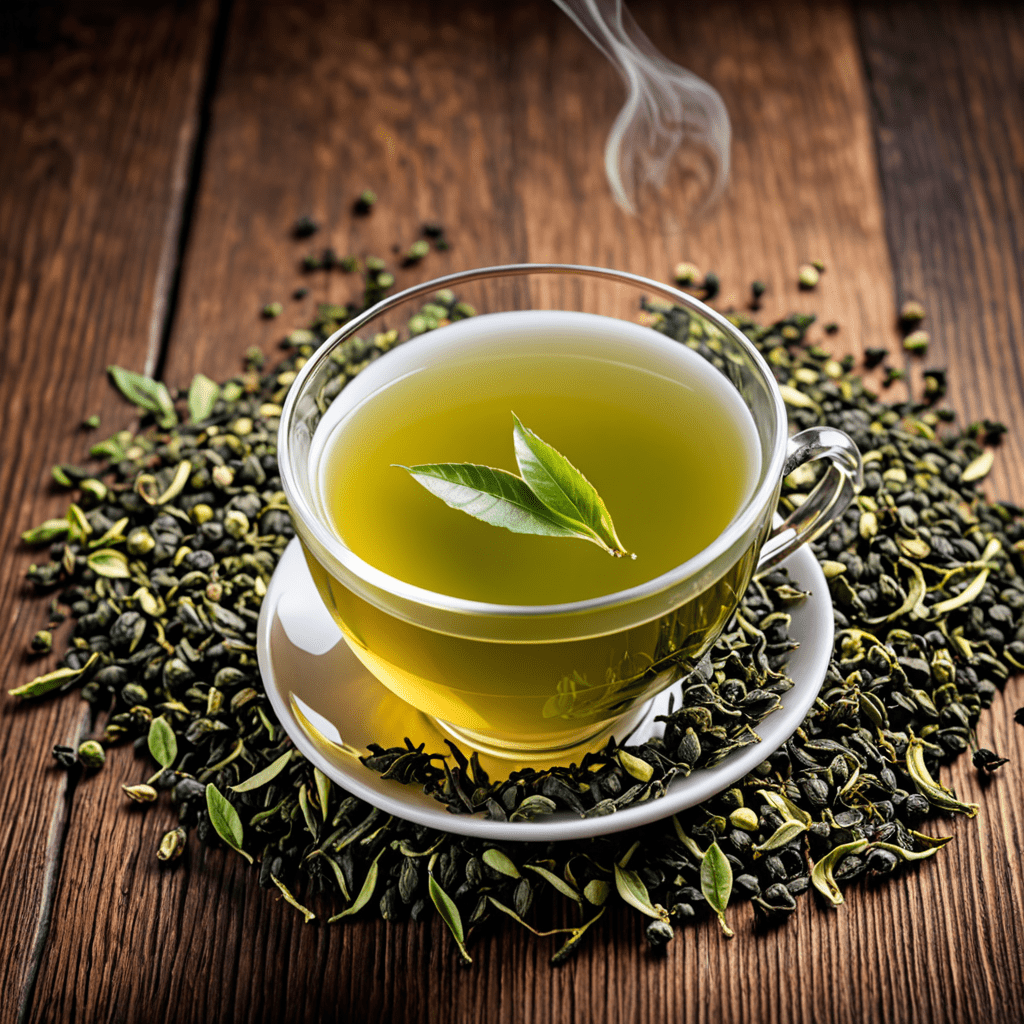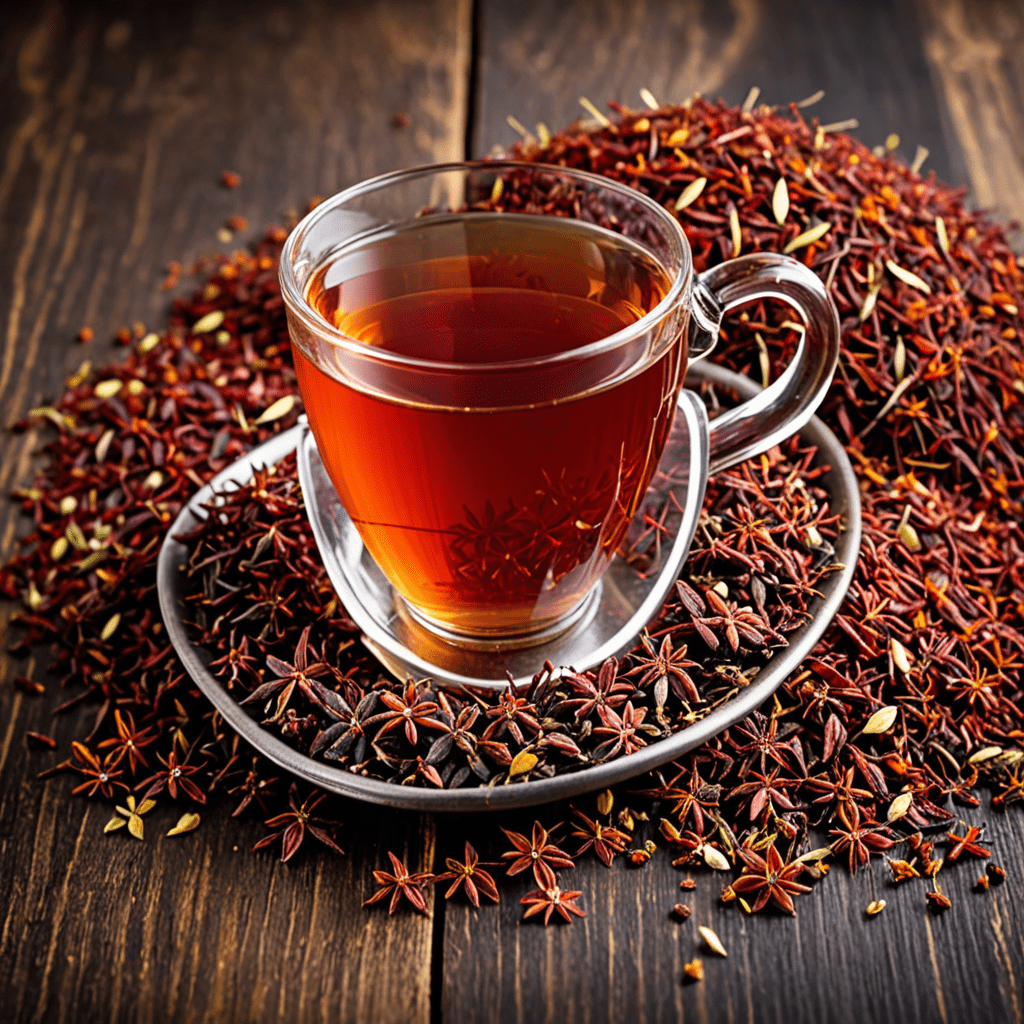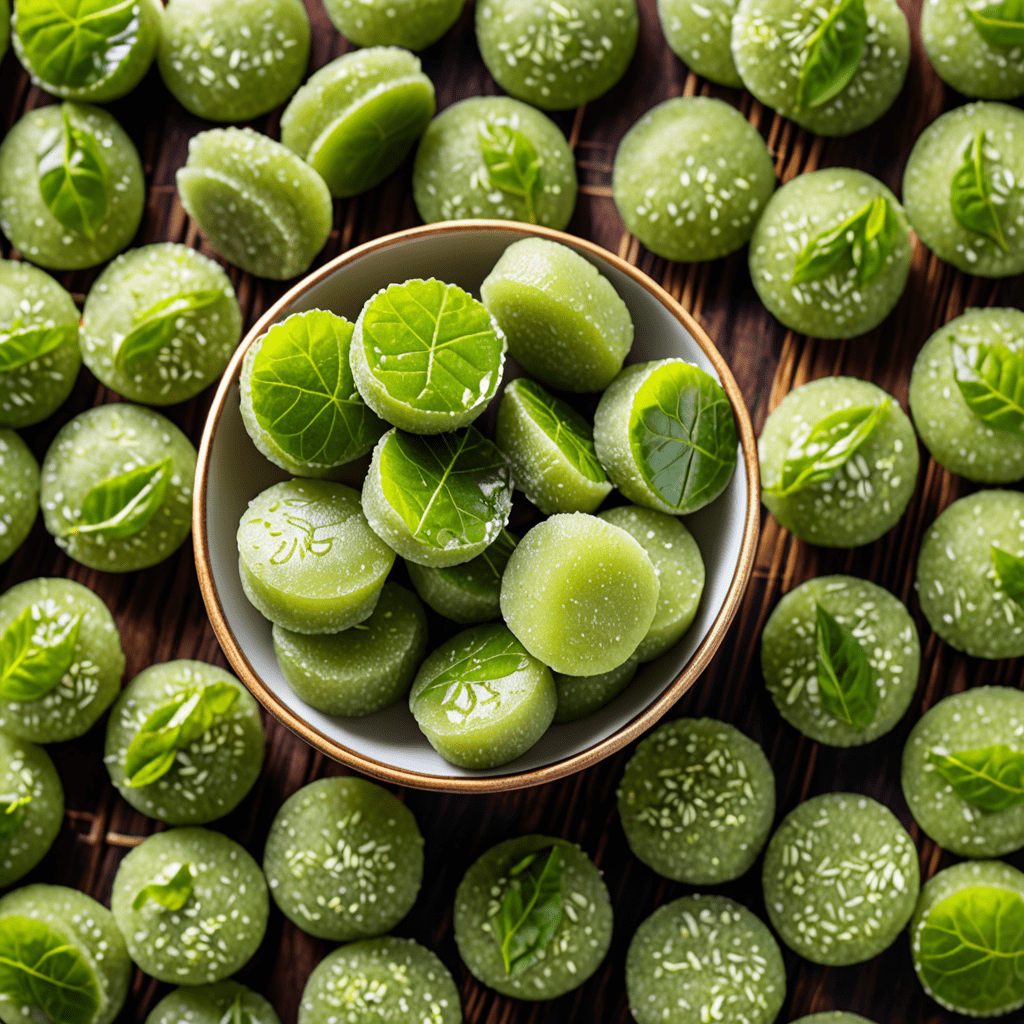
Discover the Caffeine Content in Bigelow Green Tea and Fuel Your Day Naturally
Bigelow green tea, renowned for its refreshing taste and numerous health benefits, is a popular choice among tea enthusiasts. One of the key concerns for many tea lovers is the caffeine content in their favorite beverage. In this blog post, we will explore how much caffeine Bigelow green tea contains, helping you make informed decisions about your tea consumption.
Understanding Caffeine in Tea
Before delving into the specifics of Bigelow green tea, let’s briefly understand caffeine in tea. Caffeine is a naturally occurring compound found in more than sixty different types of plants, with tea leaves being one of them.
Compared to coffee, tea generally contains less caffeine. However, the overall caffeine content can vary depending on various factors, including the type of tea, brewing time, and water temperature.
Caffeine Levels in Bigelow Green Tea
Bigelow green tea is known for its delicate flavor and gentle aroma. When it comes to caffeine content, Bigelow green tea is considered low in caffeine compared to black and oolong teas.
On average, a cup (8 fluid ounces) of Bigelow green tea contains approximately 25 to 50 milligrams (mg) of caffeine. This amount is significantly lower than the approximately 95 mg found in an average cup of coffee.
However, it is important to note that individual sensitivity to caffeine may vary. Some individuals may be more sensitive to caffeine and may experience its effects more strongly, even with smaller amounts.
Factors Affecting Caffeine Content
While Bigelow green tea is generally categorized as low in caffeine, it is essential to understand that several factors can influence the actual caffeine content in a cup of tea.
- Tea Bags vs. Loose Leaf: The type of tea you use can impact the caffeine levels. Generally, tea bags contain smaller particles, allowing for faster extraction of caffeine compared to loose leaf teas.
Brewing Time: The longer you steep your tea, the higher the caffeine content. If you prefer a stronger brew, it’s natural to expect a slightly higher caffeine concentration.
Water Temperature: Hotter water extracts more caffeine from tea leaves. If you use boiling water instead of water at a slightly lower temperature, the caffeine level in your cup may increase.
Quality of the Leaves: The quality of the tea leaves used in the manufacturing process can also influence caffeine content. Premium quality tea leaves may contain slightly higher levels of caffeine.
Enjoying Bigelow Green Tea Responsibly
If you are conscious of your caffeine intake or simply prefer to minimize it, there are a few strategies you can employ to enjoy Bigelow green tea responsibly:
- Opt for Decaffeinated Varieties: Bigelow offers decaffeinated green tea options for those seeking to reduce their caffeine intake further. Decaffeinated green tea goes through a process that removes most of the caffeine while retaining the satisfying taste.
Steep Tea for a Shorter Time: To reduce the caffeine content, you can consider brewing your Bigelow green tea for a shorter duration. Steeping for 1-2 minutes instead of the usual 3-4 minutes may lead to a slight decrease in caffeine levels.
Choose Bigelow Green Tea Herbal Blends: Bigelow offers a range of herbal blends that are naturally caffeine-free. These blends incorporate delightful flavors and botanicals, ensuring a satisfying tea experience without any caffeine worries.
Frequently Asked Questions (FAQ)
Q: Is Bigelow green tea caffeine-free?
A: No, Bigelow green tea is not caffeine-free. It does contain a certain amount of caffeine, although significantly less compared to coffee and some other teas.
Q: How does caffeine in Bigelow green tea compare to black tea?
A: Bigelow green tea generally contains less caffeine than black tea. Black teas, including breakfast teas and Darjeeling teas, are known for higher caffeine content.
Q: Can I drink Bigelow green tea if I am sensitive to caffeine?
A: While Bigelow green tea is considered low in caffeine, individual sensitivity can vary. If you are particularly sensitive to caffeine, you may choose Bigelow’s decaffeinated green tea options or consider other caffeine-free herbal blends.
Q: Is caffeine in green tea harmful?
A: When consumed in moderation, the caffeine in green tea is generally safe for most individuals. However, excessive consumption of caffeine can lead to adverse effects, such as increased heart rate, restlessness, and anxiety. It’s important to monitor your caffeine intake and listen to your body’s response.
Q: Can Bigelow green tea help with weight loss, even with its caffeine content?
A: Green tea is often associated with potential weight loss benefits due to its natural compounds. While Bigelow green tea does contain caffeine, which may aid in boosting metabolism, the amount in a cup is relatively low. Remember, weight loss is a complex process, and a healthy, balanced approach is key.
In conclusion, Bigelow green tea offers a delightful and refreshing beverage that is relatively low in caffeine. With an average of 25-50 mg of caffeine per cup, it provides a gentle energy boost without the intensity of coffee. By understanding the factors that influence caffeine content and making informed choices, you can enjoy Bigelow green tea responsibly as part of your overall wellness routine.


